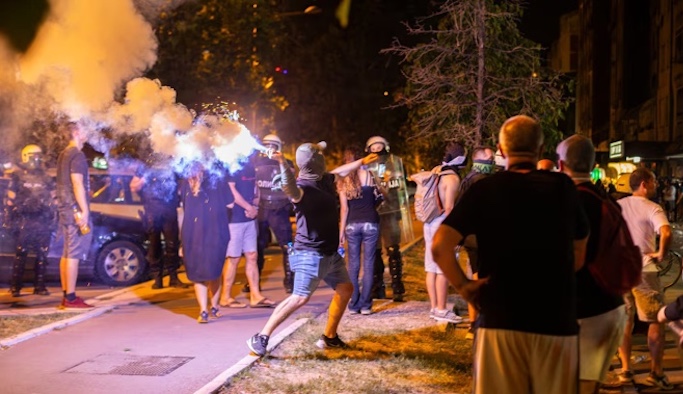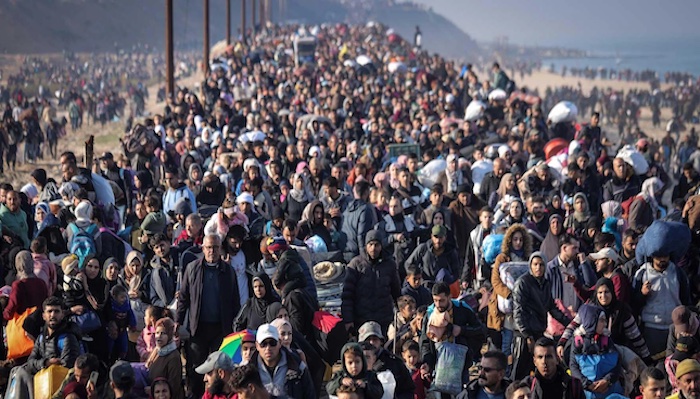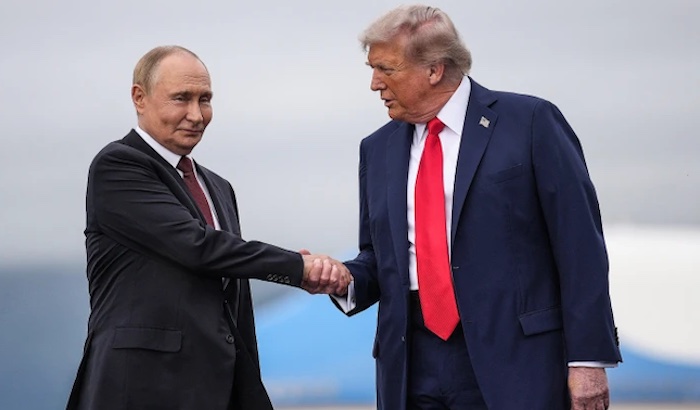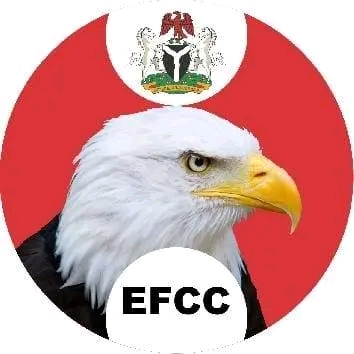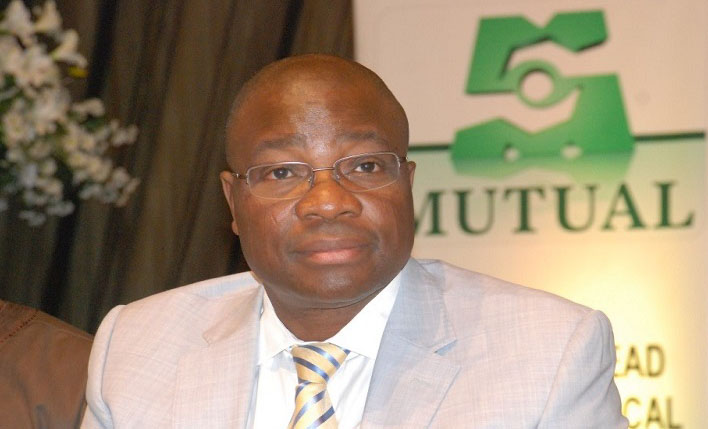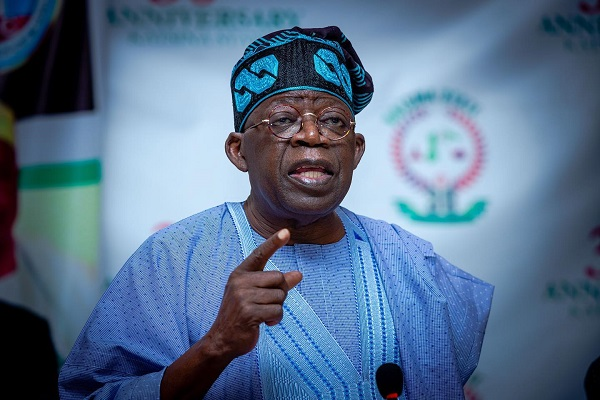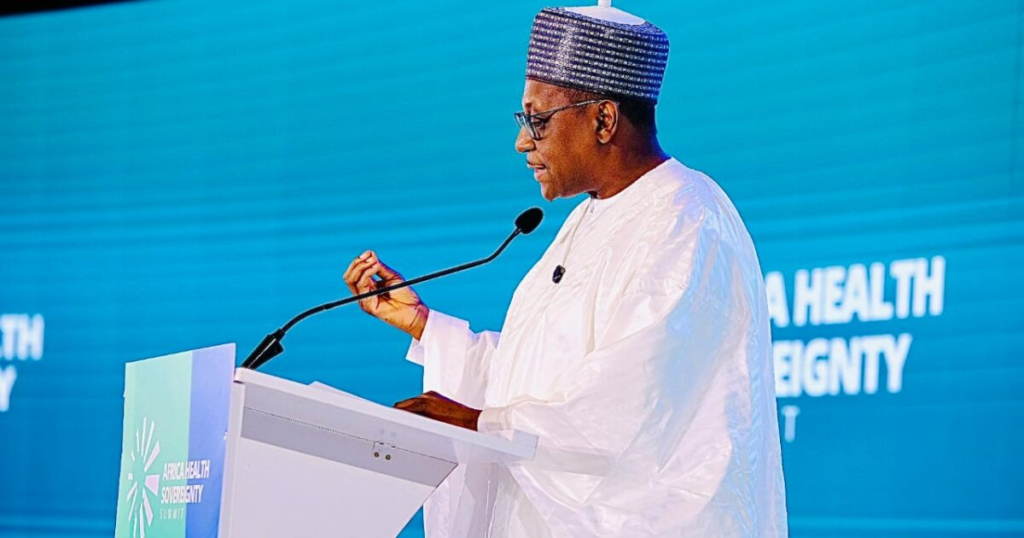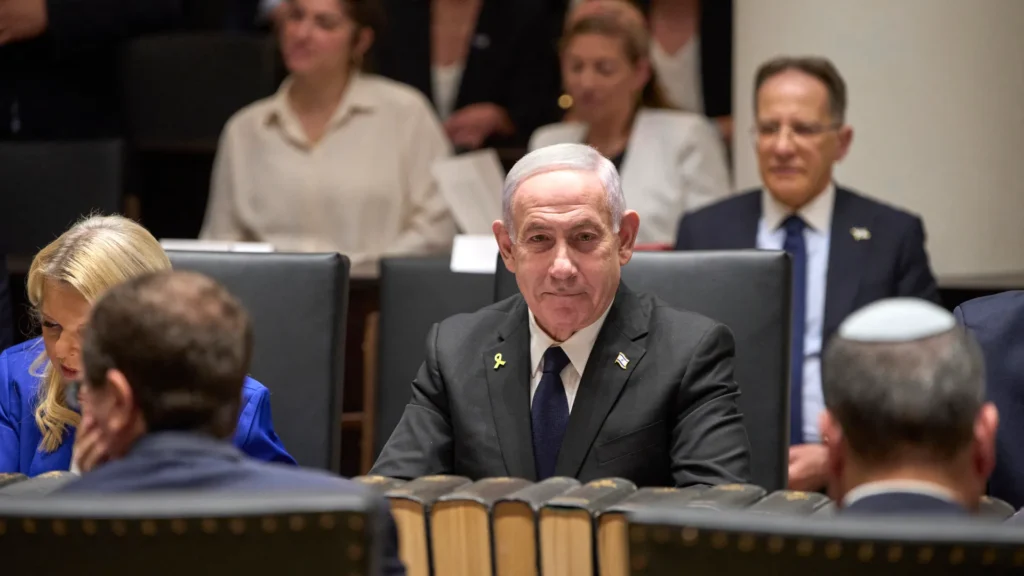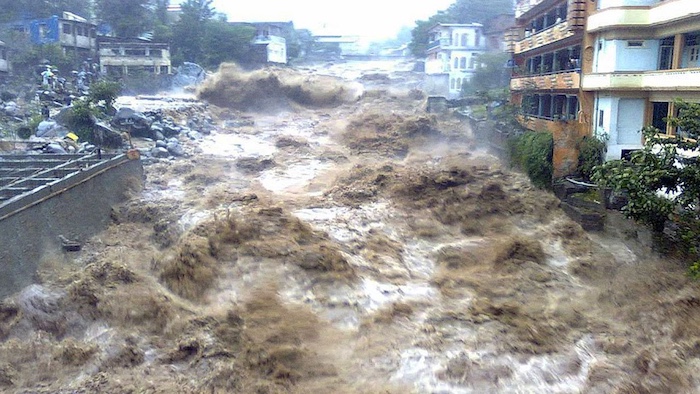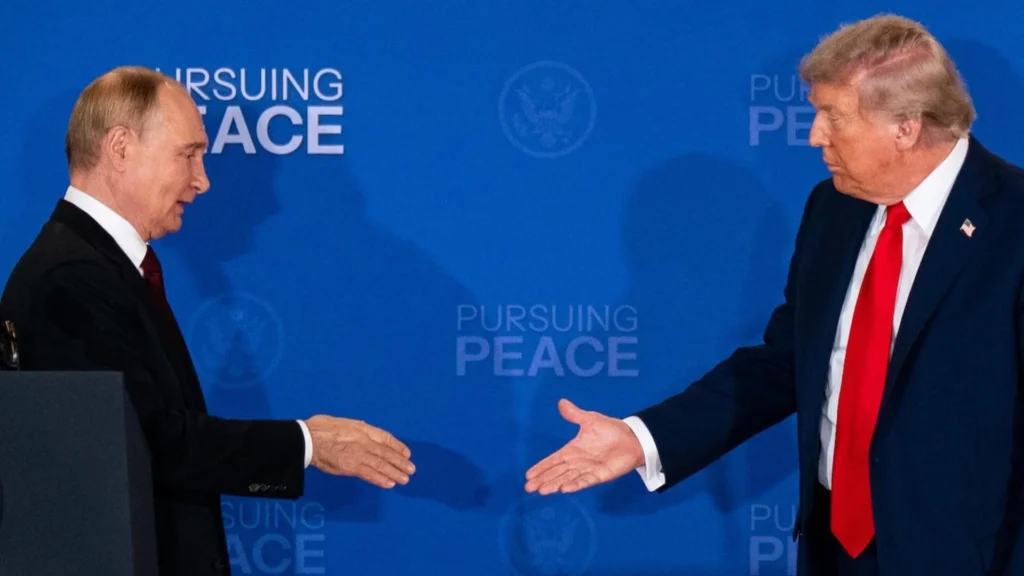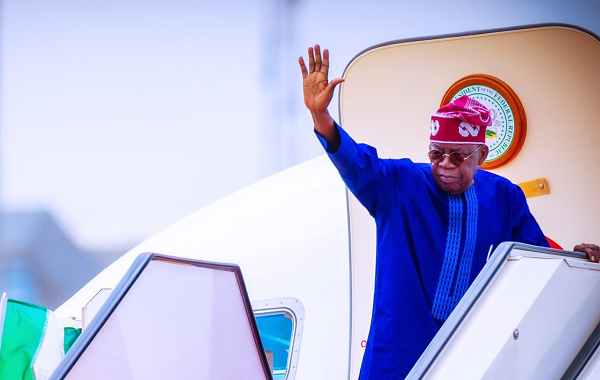Human rights advocate Dele Farotimi has strongly criticised President Bola Ahmed Tinubu’s recent visit to Benue State, describing it as insincere, politically motivated, and devoid of genuine concern for the victims of mass killings in the state.
Appearing on The Morning Brief on Channels Television Thursday, Farotimi said the President’s visit failed to adequately address the June 14 attacks in Yelwata and Daudu communities in Guma Local Government Area, where over 200 people were reportedly killed by suspected herders.
“I must say very quickly that it would have been better if the president didn’t go [to Benue],” he remarked.
Farotimi commended the Tor Tiv, the state’s paramount ruler, for “speaking truthfully” about the violence, but said the President’s comments reflected a lack of empathy and failed to acknowledge the gravity of the humanitarian tragedy.
“All the president had to offer were mere windows into his preoccupation and what truly concerns his aides and assistants,” Farotimi said.
He alleged that the visit was stage-managed by political interests within the Benue State government to prepare ground for the 2027 general elections, rather than to console grieving families or provide actionable solutions.
“In Benue, they knew exactly what was of importance to the president, so they ensured that they put up the necessary theatre for 2027.”
He also condemned how the mass killings were mentioned only in passing, arguing that the President’s tone and focus reduced the tragedy to a political backdrop.
“The death of over 200 people did not count much; they were mentioned only in passing and you would have been excused that it was a political event.”
Farotimi expressed concern over growing desensitization to bloodshed in Nigeria and blamed the failure of the state to fulfil its constitutional duty.
“The primary reason the state exists is to protect the lives and property of the citizens. We’ve almost lost our capacity to be shocked.”
Though President Tinubu had ordered security agencies to arrest the perpetrators during the visit, Farotimi’s remarks echo widespread frustration over what many Nigerians perceive as symbolic gestures rather than substantive actions in response to ongoing insecurity.


